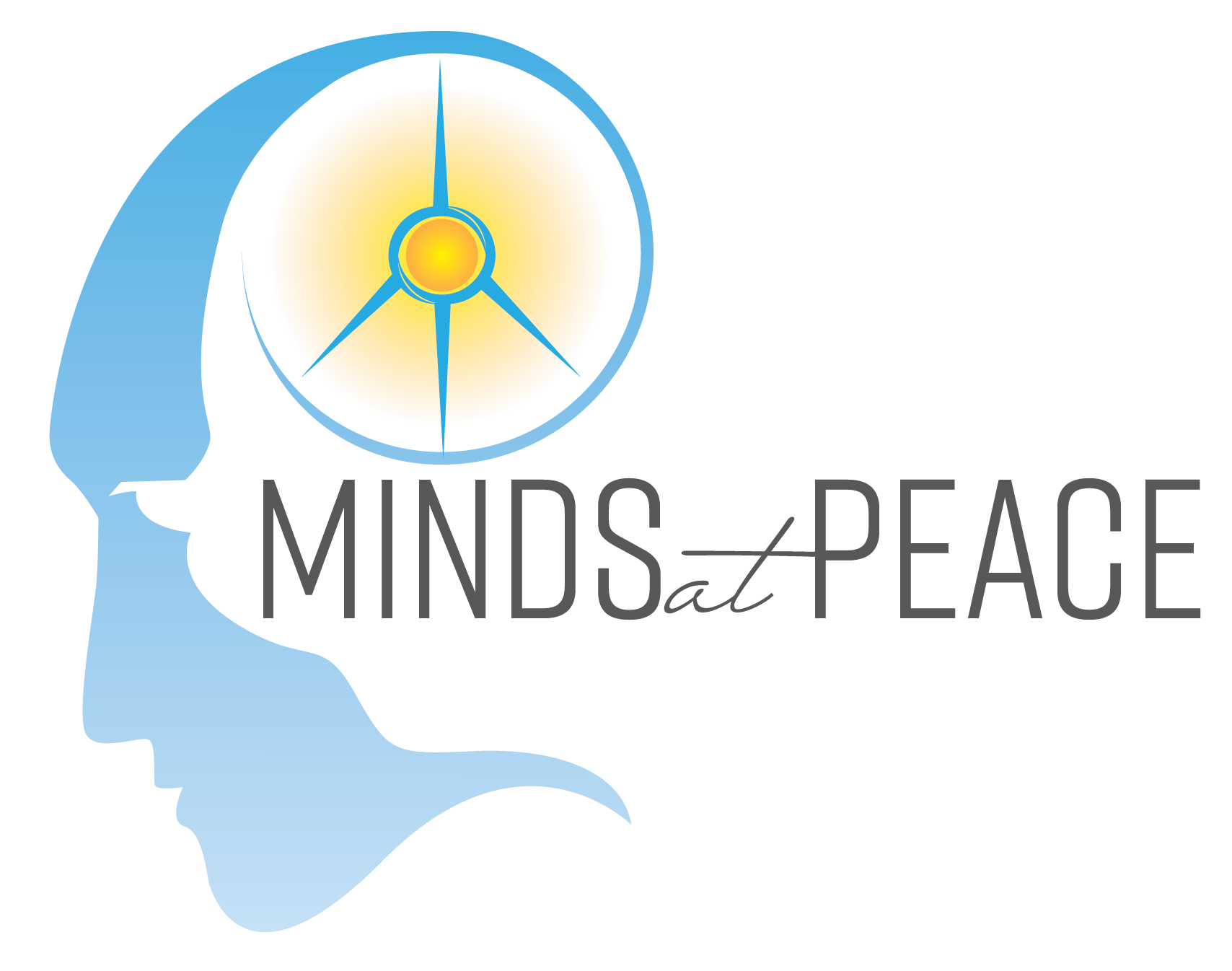Emotional Regulation in 3 Circles
Sometimes it feels like we have no control over our brains.
We get angry, frustrated, irritated and then find ourselves engaging in behavior or interacting with friends and family in a way that’s, shall we say, less than productive.
These patterns of reacting to external triggers (people, places and things) and internal triggers (thoughts, feelings, sensations) when activated over and over again become habits. No thinking, no awareness, just pure reactions like your dog or cat.
Understanding how your brain works provides invaluable knowledge to help you respond instead of react to your triggers.
The 3 circle model reveals three systems in our brain involved with emotional regulation. For us to perform optimally all three must be in balance. If the Threat System is on all the time whether from emails, texts or a myriad of stress inducing moments, our brain activates the flight or fight response and sends cortisol streaming through our body. This is awesome when there’s a saber-tooth tiger lurking around the living room, but not for a typical day at home with the kids or at work in the office.
Similarly while the Incentive System that drives us to pursue and achieve is vital for obtaining goals, if dopamine is overstimulated by behaviors or substances, the human experience tilts towards the negative. Then to solve the problem we caused, we activate the Incentive System some more…and more, and… well, you get the picture.
The most overlooked part of the 3 circle model is the Soothing System. Modulated by oxytocin, often called the “love hormone”, it’s responsible for connection, feeling safe and content. It’s also the hormone released when we experience compassion, and self-compassion.
Take a look at your own life. Draw the 3 circles on a piece of paper with the size of each circle reflecting the way your brain typically works. Are they close to the same size and in balance? Or is the Threat System far larger than the Soothing System? If so, your life is out of balance.
You can’t go into your local car shop and get an alignment for emotional regulation but you can talk to someone about how to reduce stress and increase self-compassion. This isn’t woo-woo stuff but the science of emotional regulation. Without that balance, your physical and emotional health suffers, as does those around you. Furthermore we know that stress is a major contributing factor to Alzheimer’s.
Don’t wait to learn more about how to reduce your stress, tamp down the Threat System and increase the Soothing, Caring System. Take action that will bring balance to your life, along with happiness and joy.

